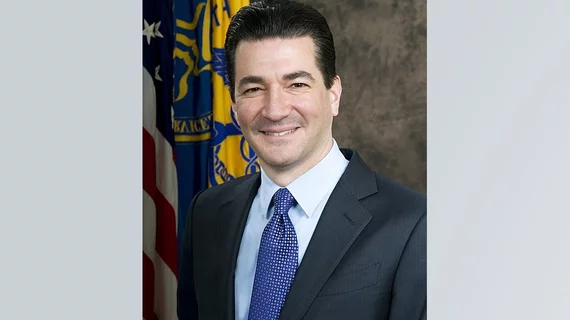FDA: Thermography not cleared as standalone tool for breast cancer screening, diagnosis
The FDA has published a statement emphasizing that thermography is not cleared as an alternative to mammography for breast cancer screening or diagnosis. This comes on the heels of the agency sending La Mesa, California-based Total Thermal Imaging a warning letter for “illegally marketing and distributing an unapproved thermography device as a sole screening device for breast cancer and other diseases.”
“Advancing and protecting women’s health is a priority for the FDA,” FDA Commissioner Scott Gottlieb, MD, said in a prepared statement. “As part of these efforts, we will not tolerate individuals or companies who attempt to take advantage of patients by marketing unapproved devices that deceive patients and put them at risk. The FDA is concerned that patients will rely on unapproved claims that thermography may be used as a sole screening device for breast cancer and not get screened with mammography, which is proven to save lives by detecting cancer and prompting patients to seek appropriate treatment.”
Thermography, the FDA explained, uses an infrared camera to capture images that highlight “patterns of heat and blood flow on or near the surface of the body.” It has been cleared as an adjunctive tool, but not as a tool to be used on its own for the screening or diagnosis of breast cancer.
Total Thermal Imaging was marketing and distributing its Thermography Business Package to individuals and other clinics, the FDA said in its statement. There has been no premarket approval, however, meaning the company “illegally marketed the unapproved device via a website and promotional materials.” Total Thermal Imaging is now expected to respond within 15 working days, explaining how these “violations” will be corrected.

